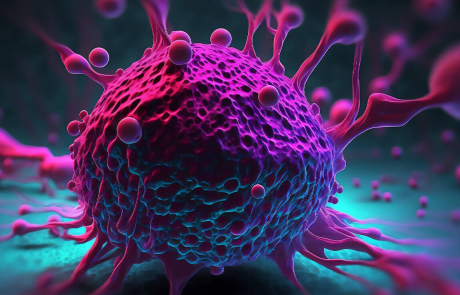
What Do T Cells Like to Eat? The Answer Could Stop Multiple Sclerosis
Cells, like people, get their energy from sugars, proteins and fats. Many cells have highly specialized diets — think of some loving kale while others prefer Texas BBQ.
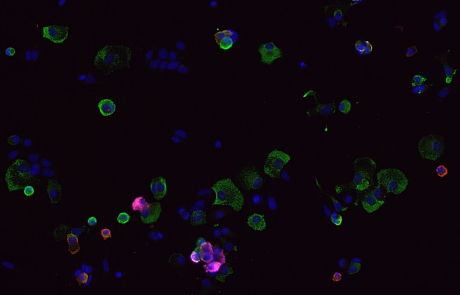
To Belgium and Back Again to Study Beta Cells
BRI researchers are working to develop a groundbreaking new approach to treat type 1 diabetes (T1D). They aim to turn T cells that cause T1D into regulatory T cells (Tregs) that protect you from T1D.
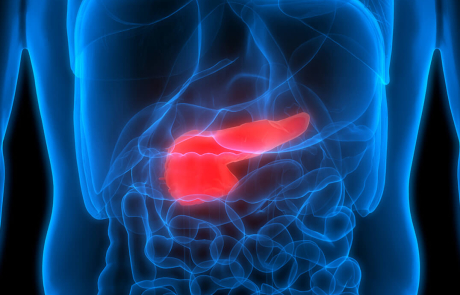
Using Epidemiology to Fight Pancreas Cancer
It only took one statistic to get Meg Mandelson, PhD, interested in studying pancreas cancer. “Five-year survival rates have greatly improved for almost every cancer over the past two decades,” she says. “Pancreas cancer is one of the few that hasn’t.”
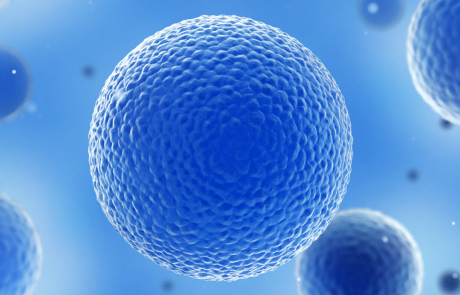
Learning How Tregs Keep Your Immune System in Check
The immune system keeps us healthy by maintaining a delicate balance. Every cell has a purpose: Some sound the alarm when they see an invader. Some attack germs that don’t belong. And some patrol the other cells in the immune system to make sure they’re doing their job.

Prediction and Prevention: A New Paradigm in Autoimmune Disease
The FDA recently approved teplizumab, a groundbreaking therapy that signals a paradigm shift in treating not only T1D but all autoimmune diseases.

Computer Science Reveals Possible Drug Target for Deadly Childhood Leukemia
Dr. Bolouri is an expert in using computer science to advance biomedical research. Working with Soheil Meshinchi, MD, PhD, and his team at Fred Hutch Cancer Center, they made a recent discovery that may lead to new treatments for certain forms of pediatric acute myeloid leukemia (AML).
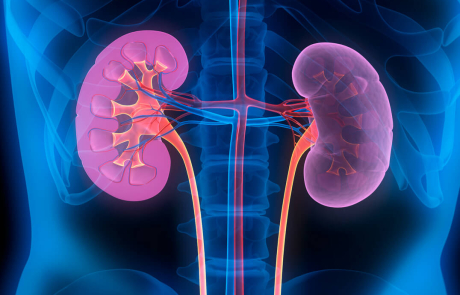
Lupus Nephritis: New Approach Could Pave the Way for Innovative Treatments
When Jessica Hamerman, PhD, was perusing research papers in 2021, one discovery stopped her in her tracks — and ultimately put her on a whole new research path.

A Heartfelt Thank You: One Scientist Shares How Donors Make an Impact at BRI
This giving season, on behalf of our team, I extend a heartfelt thank you to all BRI donors and share some of the meaningful ways your philanthropy supports our work.

A Promising New Approach to Stopping Type 1 Diabetes
A new study, led by a BRI researcher and published in Science Translational Medicine, put engineered t-regulatory cells to the test. In lab tests, the research team found that the engineered cells controlled the cells that attack the pancreas in T1D patients.

Participants like Ayman Make Research Possible
Ayman, 23, enjoys playing the drums and working at MOD Pizza — he was even in one of MOD’s TV commercials. He loves Pepper, his schnoodle (schnauzer-poodle).


